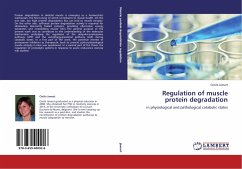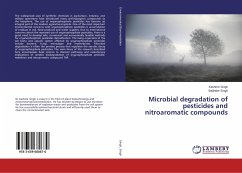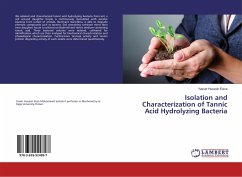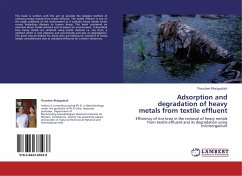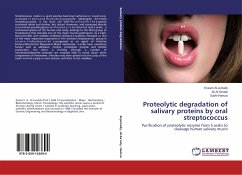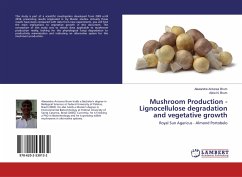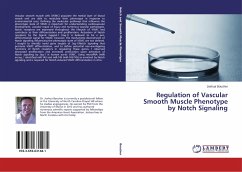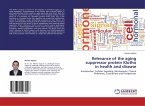Protein degradation in skeletal muscle is emerging as a homeostatic mechanism, the fine-tuning of which contributes to muscle health. On the one side, too high protein degradation flux can lead to muscle atrophy. On the other side, sufficient protein degradation activity is required for eliminating aberrantly folded proteins, providing alternative energy substrates and remodelling muscle fibre. The general purpose of the present work was to contribute to the understanding of the molecular mechanisms underlying the regulation of the ubiquitin-proteasome pathway (UPP) and the autophagy-lysosomal pathway (ALP) during catabolic states. In a first part of the work, the potential interest of proteasome inhibitors as therapeutic tools to prevent patho-physiological muscle atrophy in mice was questioned. In a second part of the thesis, the regulation of proteolytic systems in response to acute endurance exercise was studied.
Bitte wählen Sie Ihr Anliegen aus.
Rechnungen
Retourenschein anfordern
Bestellstatus
Storno

